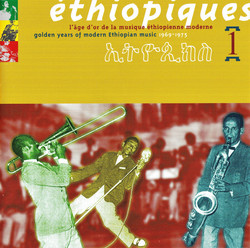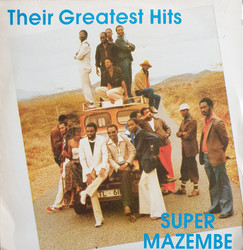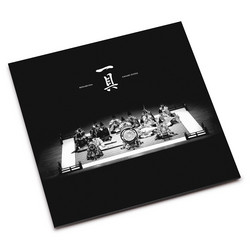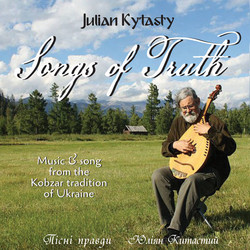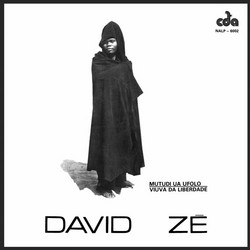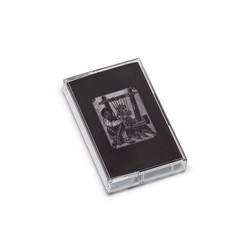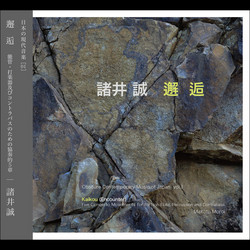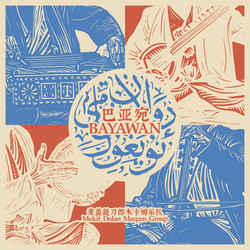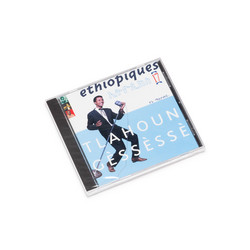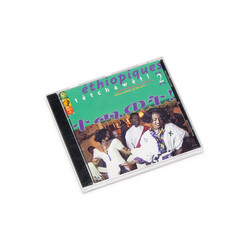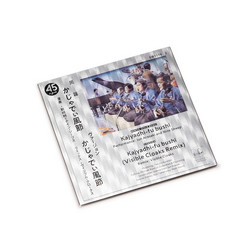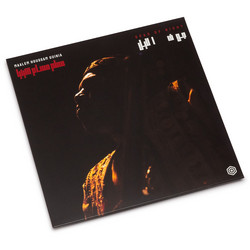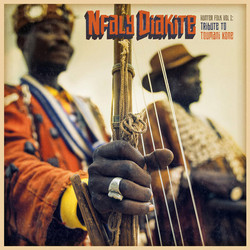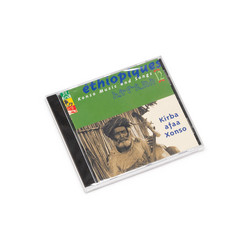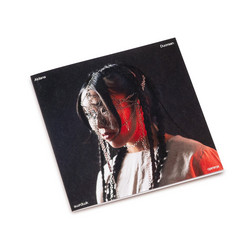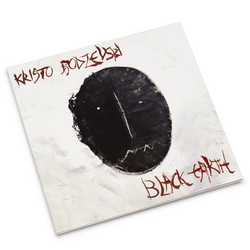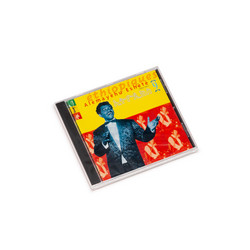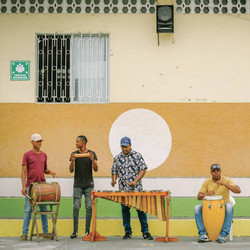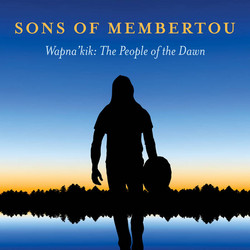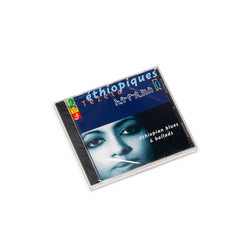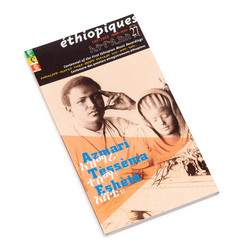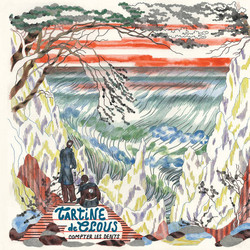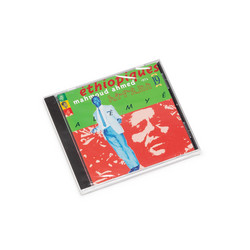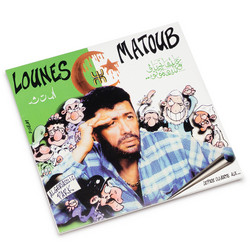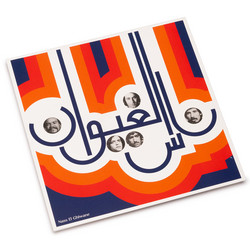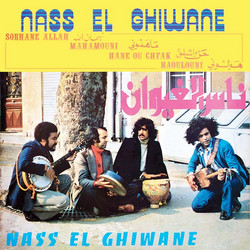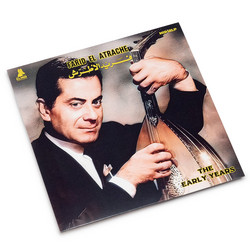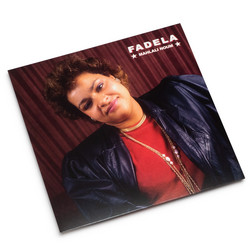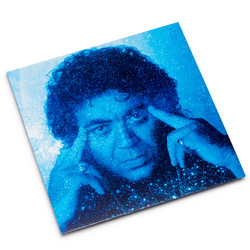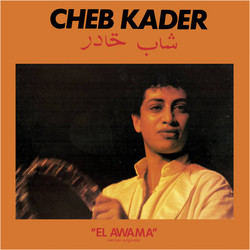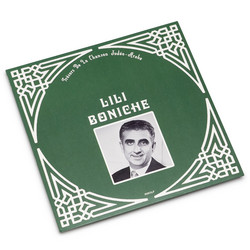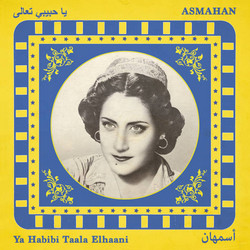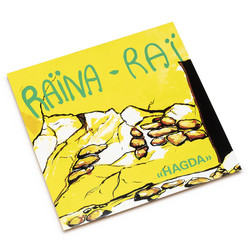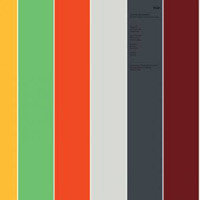Nass El Ghiwane
Trance Gnawa Music From Morocco
"In North Africa, a ziara is a spiritual ceremony where people come to exorcise demons, purify their bodies and loudly reaffirm their attachment to God, the prophet and the deities who claim to embody him. On this occasion, there are uncontrolled outbursts from the audience, but this has nothing to do with Roman orgies, as it lacks ostensible debauchery, aphrodisiacs or saturnalia - it is merely a blurring of the line between the religious and the superstitious. In a shrill parable, cries erupt from chests, twisting through vertical space and setting everything ablaze; a delirious chorus is chanted, ending in syncopation, and the litany, whose leitmotif Ya Chai, Ya Afin (O Healer...), shouted in unison, builds to a crescendo until the body is totally exhausted. An intoxicating ecstasy reminiscent of a voodoo ritual. What mystics call "union in God", a God who would multiply himself.
The most brilliant performers of this type of ceremony are called the Gnawa. Originally from black Africa, mainly Sudan and Senegal, they were forcibly implanted in southern Maghreb by Tuareg raiders seeking to use them as slaves. After several decades of servitude, they managed to emerge from their painful condition, which they evoke in some of their songs, and - as a result of cross-fertilization - to form a mixed race known as the hormis (the reddish). They then grouped together in mystical brotherhoods, the most important of which were based in Morocco, and devoted themselves to rituals through which, while attesting to the greatness and omnipotence of Allah, they pursued their fatal liaisons with the djins or djenoun, genie-like spirits that may be either benevolent or hostile.
But above all, the Gnawa, who never abjured their faith in animist divinities, distinguish themselves by their bewitching music, dance and rhythms, which are believed to hold therapeutic virtues. During the festivities, all movements are orchestrated and staged by the maâlem, or master (one of the most famous is Si Mohamed Chaouki), for he alone knows all the rules. He is a master of the instrument that aids healing, the guembri, a kind of acoustic bass strummed with three gut strings, and knows which melody-remedy matches each patient possessed by a particular spirit. All this is accompanied by dekka (frenzied hand-clapping) and animal sacrifices (chickens, goats and, on rare occasions, bulls).
In recent years in particular, the Gnawa musical and rhythmic tradition, which borrows from both Middle Eastern arabesques and African percussion, has enjoyed a marked revival among Moroccan artists of the new generation. But until now, only the very popular group Nass El Ghiwane has been able, with talent, faithfulness and authenticity, to reconstitute the Gnawa spirit, as witnessed by this album. So join them, and get into the trance." - Rabah Mezouane
